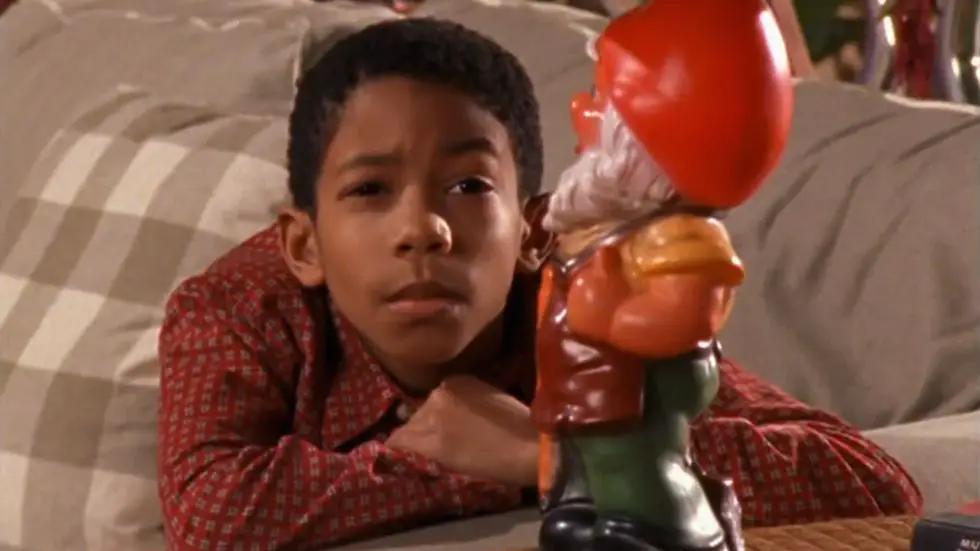The Sound of Silence, in Your Opinion
When you fail to tell others about yourself, their assumptions will never fail to amaze you.
By Josephine Werni, University of Minnesota at Twin Cities
Throughout my life, my family, friends, teachers, classmates, co-workers and complete strangers have continuously reminded me that I am quiet.
As someone who usually favors listening over speaking, I don’t disagree. It’s an accurate description. However, I’ve noticed that even though quietness fundamentally creates a lack of information, many people are capable of fabricating their own meaning when none is offered up. In other words, people assume some pretty weird stuff about you when you are quiet.
That weird stuff certainly isn’t limited to superficial matters, either. My religious, political and ethical views have all been subject to bold assumptions by others based on absolutely nothing.
One morning in my sixth grade history class, 30 or so of my classmates and I were separated into groups to play a review game.
After several rounds of competition, each team needed to nominate a single member to represent them and answer the final, double-point question. Surrounded by the chatter of other students, my team sat in several moments of uncertain silence. We’d all been participating pretty equally throughout the game, and no one stood out as a clear leader. Eventually, a girl sitting across the table from me made a suggestion. “Josie’s quiet, so she’s really smart” she said, pointing to me. The other kids nodded, accepting this as perfectly sound reasoning.
While I was somewhat flattered by their decision, I was mostly just confused by how they’d made it. My classmates were drawing a direct connection between how much a person speaks and their level of intelligence. Because I had just transferred to this school from another district, we were all still very much strangers to one another, and I knew for a fact that this idea they had about me was based purely on assumption, not observation. Even my dopey, 12-year old self sensed that there was something off about this logic.
The sixth grade incident was the first time that I remember having a substantial assumption made about my personality by someone I don’t know, based solely on the fact that I’m taciturn. Unfortunately, my nomination was also one of the few times that the assumption being made was positive. It’s possible that there had been associations made previously that I had overlooked, but it was definitely during middle school, when kids tend to begin behaving horribly self-consciously and judging others, that my kittenishness was first conflated with imagined qualities.
Although not always quite as blatant, events like the one in the review game have continued to happen over the years, mostly in school and work settings. At my first summer job at an ice cream shop, I worked primarily with other teenagers and we would all chat as we worked. I’d participate, but as usual, I’d generally listen more than speak.
One afternoon, the topic of gay marriage came up. “Sorry if this is making you really uncomfortable” one of them apologized when I looked at them as they were talking. “What would be making me uncomfortable?” I asked, perplexed. Apparently, they were convinced that I was a politically conservative prude offended by any and all hints of “indecency.”
How they came to this conclusion I wasn’t sure, especially considering the fact that we’d never discussed any of these topics before. “You’re just so quiet, I kind of assumed you were really straight edge,” my co-worker explained. As our conversation continued, I went on to discover that he also “just kind of assumed” that I was devoutly religious. In reality I am not, nor have I ever been.
It would be one thing for someone to assume, for example, that another person likes the color purple if they wear mauve a lot.
However, I don’t think I’m being unreasonable when I say that it’s strange to make assumptions about someone’s religious preference when the topic has never once come up in conversation. In addition to these two examples, people have also assumed because I’m quiet that I am mean, bitchy, depressed, perpetually serious, that I have no friends or that I hate them.
It wasn’t until rather recently though, that I realized that quietness could make people uncomfortable. I’ve never stopped to consider that when I’m spacing out at work that the co-worker standing next to me may be interpreting my silence as anything other than neutral. If only they knew that I’m usually just daydreaming about the really good sushi I ate a few weeks ago or overanalyzing a comment I made to the person on the bus that morning. I’d say that I’m only angrily brooding about the people around me about 5 percent of the time.
If I had to make a guess about the whole thing, I’d say that quiet people make other people uncomfortable because they present an unknown factor, and people are generally wary of the unknown. Throughout history, humans have acted on that fear by fighting and discriminating against people or ideas that they were unable to understand. Obviously, the issue at hand is certainly not on the same scale, but the motive persists.
When presented with something difficult to understand, translating the foreign into the familiar is a common coping method. In the same vein, when presented with quieter folks who are less generous with their personal information, hefty assumptions help bridge the gap between what’s known and what’s knowable.
When all is said and done, I feel as though everyone could benefit from making an active effort to avoid making assumptions about people, and to first give people a chance to speak for themselves. It’s also equally important to acknowledge that making assumptions is a pretty human thing to do. It isn’t evil by any means, but it’s good to be mindful about it nonetheless.










